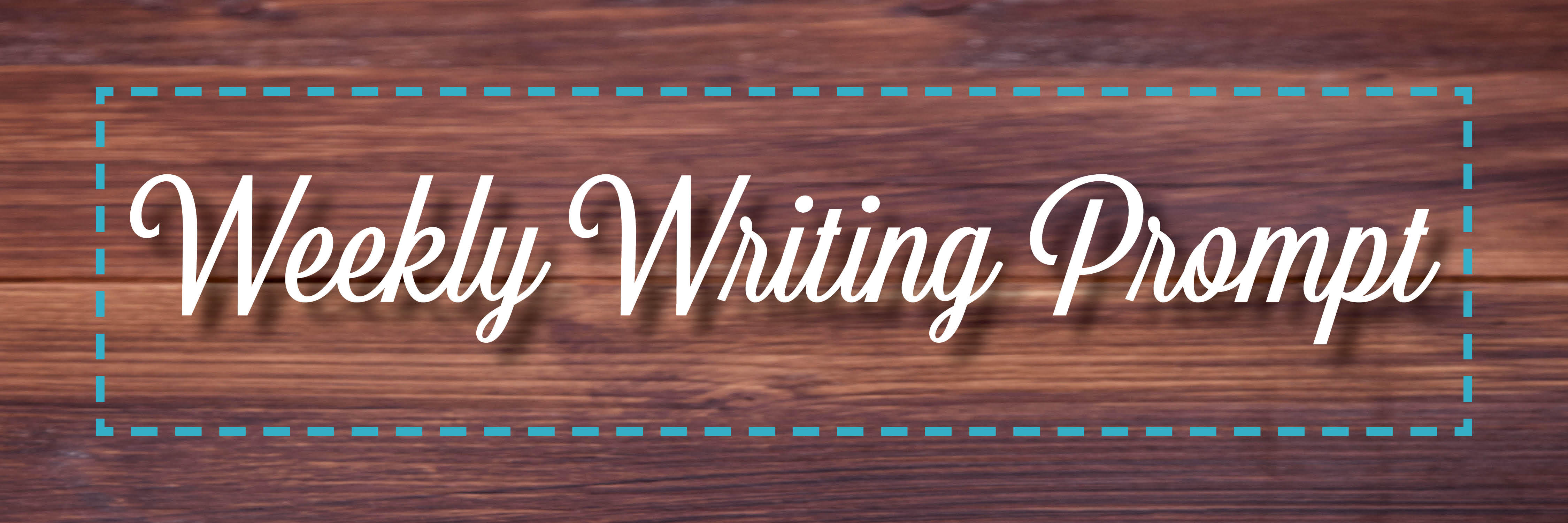Weekly Prompt: Letter from a Birmingham Jail

For the past few months, we ran a daily social media writing prompt aimed at sparking creativity for those of us who were going on day thirty, forty, fifty of sitting inside our homes. Now that it's summer and the world is beginning to, slowly, unfurl its wings again, we wanted to think bigger. So much of writing happens in response to our experience and to other writing we encounter. The latter is what this new weekly series will focus on.
Every post in this series will include a weekly reading and a series of prompts in response to that reading. Some of them will be focused on craft; some will ask you to evaluate content. This idea was born from an MFA course I took that focused almost entirely on emulating the style of other writers and then reimagining that first draft into something that was our own but still had echoes of the original. It's also inspired by the heightened sociopolitical reality so many of us come face to face with each day. Writing can be for pleasure; it can be cathartic; it can be used as a tool; it can preserve memory; it can foster connection. Whatever it may be, I hope this series helps you find what you're looking for out of your practice.
______________________________________________________
Week of June 15
Reading: "Letter from a Birmingham Jail" by Dr. Martin Luther King Jr., via the King Institute at Stanford University. (Click "View Document.") For a typed out version, versus a scan of the original letter, click here (via the African Studies Center, University of Pennsylvania).
Craft element to note: Epistolary structuring. The power of this essay comes from Dr. King addressing a group of people—who in turn stand for a larger group of people—directly. The direst address allows Dr. King to form a very specific argument that orbits around the four basic steps in a nonviolent campaign and how they have been ignored by the powers that be. He is holding not only these men accountable but every person who has contributed to the breakdown of steps one through three, which led to step four, direct action. By using the step-formation laid out at the beginning, Dr. King found a solid form with which he could tie each individual argument and testament back to his overarching claim: that direct action had become necessary for change. Additionally, because Dr. King acknowledges his audience and who his audience represents, he is able to use their own arguments against them by citing those arguments and breaking them apart. He's able to circumvent the responses he knows will come because he knows these people. The specificity and tight structuring is what makes this one of the most powerful argumentative essays every written.
Note: Though this essay is the perfect inspiration to write your own argumentative piece of creative nonfiction, lessons learned from it and the prompts given below can also be used for fiction and poetry. The act of lobbying for or against something is a strong character motivation in both fiction and nonfiction, and specificity of moments and language is what makes poetry so memorable. If the exact ask of the prompt doesn't resonate, you can always write toward it tangentially.
Prompts:
- It's impossible to write a solidly formed argument without knowing the position of your opposition. Choose a topic you strongly believe in and write your case for why—and then do the same for the opposing view of the same topic. While these two pieces of writing may never appear in their entirety, they're excellent fodder for dialogue, circumventing arguments (the way Dr. King does), writing satire, and adding on layers of complexity for your antagonists.
- On pages 6 through 7, King writes a list that begins "But when you have seen." The long block of unbroken text paired with the use of semicolons instead of periods, forming one long sentence, creates in the reader the same sort of tense claustrophobia that parallels the oppression of which King writes. Think of a cause you stand for or sentiment you object—personal, political, academic, theological, whatever it may be—and use that same technique of stringing together moments that humanize the abstract, using a second person direct address to place your reader inside of your experience.
- During a debate, a common first move by a team is to define the words used in whatever they're debating and use those definitions to their advantage. King uses a similar technique on pages 7 through 9 when he defines "just" and "unjust" laws. This not only breaks down the base argument of lawfulness, it puts the emphasis on his readers to defend their position. What words can you define for your own advantage? How can you use those definitions to either create your own argument or dispel a claim you disagree with?
- King speaks to the communication he's had with the clergymen when he voices his disapproval of their titling him an extremist on pages 12 and 13. His reasons for disagreeing with that title are well laid out, but he doesn't stop there. Instead, he turns the argument and uses what they perceived as a negative quality to show himself in a positive light. What's a label you've been given that was supposed to be derogatory? How can you reclaim it to showcase your positive traits instead?
- King wraps up his letter by explaining his disappointment in the church—specifically the inaction and, in some cases, direct opposition of white leadership. For King, a Baptist minister, this condemning of the Christian institution was a difficult one. What's an entity that you love but has nonetheless disappointed or harmed you?